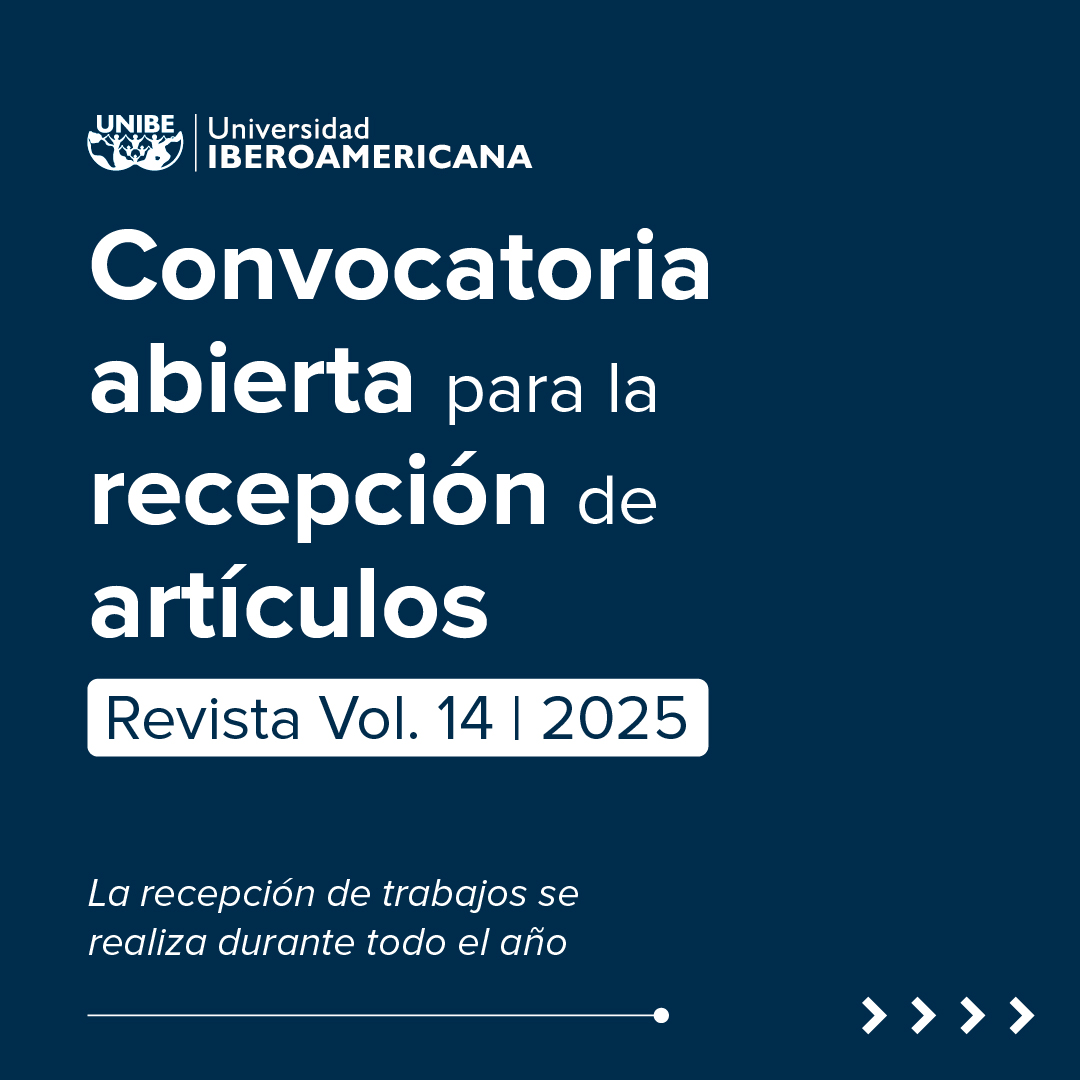Flashcards as pedagogical tool to teach foreign languages to students with Autism Spectrum Disorders (ASD)
DOI:
https://doi.org/10.26885/rcei.11.1.54Keywords:
autism, flashcards, pedagogical tools, english, foreign languageAbstract
The purpose of the research presented is to establish the degree of usefulness of flashcards, to teach foreign languages to students with Autism Spectrum Disorders (ASD). For this, a non-experimental methodology was applied with a transectional design. The sample consisted of 9 students with ASD, whose ages range from 12 to 14 years old. To collect the information, an estimation scale was applied during two moments, in order to evaluate the effectiveness of the pedagogical cards. The results were processed using the statistical program IBM SPSS. The data obtained show that for the 3 types of autism that are studied, flashcards are an effective pedagogical instrument in the teaching of foreign languages.
Downloads
References
Aguayo, D. (4 de marzo de 2011). Las flashcards como estrategia de memorización. http://www.dutudu.com/usa-las-flashcards-paramemorizarvocabulario/aprendizaje/2011/03/04/
American Psychiatric Association, APA. (2014). Spotlight on Disability Newsletter. Mental health treatment for people with autism spectrum disorder (ASD). https://www.apa.org/pi/disability/resources/publications/newsletter/2016/09/autism-spectrum
Aziza, R. N. (2020). The use of flashcards in teaching vocabulary to young learners. Bogor English Student and Teacher (BEST) Conference, 2, 120-122. http://pkm.uika-bogor.ac.id/index.php/best/article/view/8111
Beauchamp, M. L. H., Rezzonico, S. and MacLeod, A. A. N. (2020). Bilingualism in School-Aged Children with ASD: A Pilot Study. J Autism Dev Disord 50, 4433–4448. https://doi.org/10.1007/s10803-020-04501-8
Chen R. W., & Chan KK. Using Augmented Reality Flashcards to Learn Vocabulary in Early Childhood Education. Journal of Educational Computing Research. 57(7), 1812-1831. https://doi.org/10.1177/0735633119854028
González Paredes, E. (2013). Las flashcards en el desarrollo del léxico del inglés [Tesis de pregrado]. http://www.dspace.uce.edu.ec/bitstream/25000/1965/1/T-UCE-0010-307.pdf
Habayeb, S., Tsang, T., Saulnier, C. (2020). Visual Traces of Language Acquisition in Toddlers with Autism Spectrum Disorder during the Second Year of Life. J Autism Dev Disord. https://doi.org/10.1007/s10803-020-04730-x
Organización Mundial de la Salud (2021). Condiciones del espectro autista. Centro de prensa. OMS. https://www.who.int/es/news-room/fact-sheets/detail/autism-spectrum-disorders
Pérez Castilla, L., Sebatián, M, Abadín, D., & Delgado, C. (2016). Tecnología de apoyo y accesibilidad cognitiva: de la autonomía a la participación. Misterio de Sanidad, Servicios Sociales e Igualdad de España. (CEPAT, Serie Tecnología y Comunicación N° 6.)
Sartika, M. (2020). Increasing Third Grade’s Mastery of Simple Present Tense Using Flashcards. Journal of English Teaching, 6(1), 40-49.















